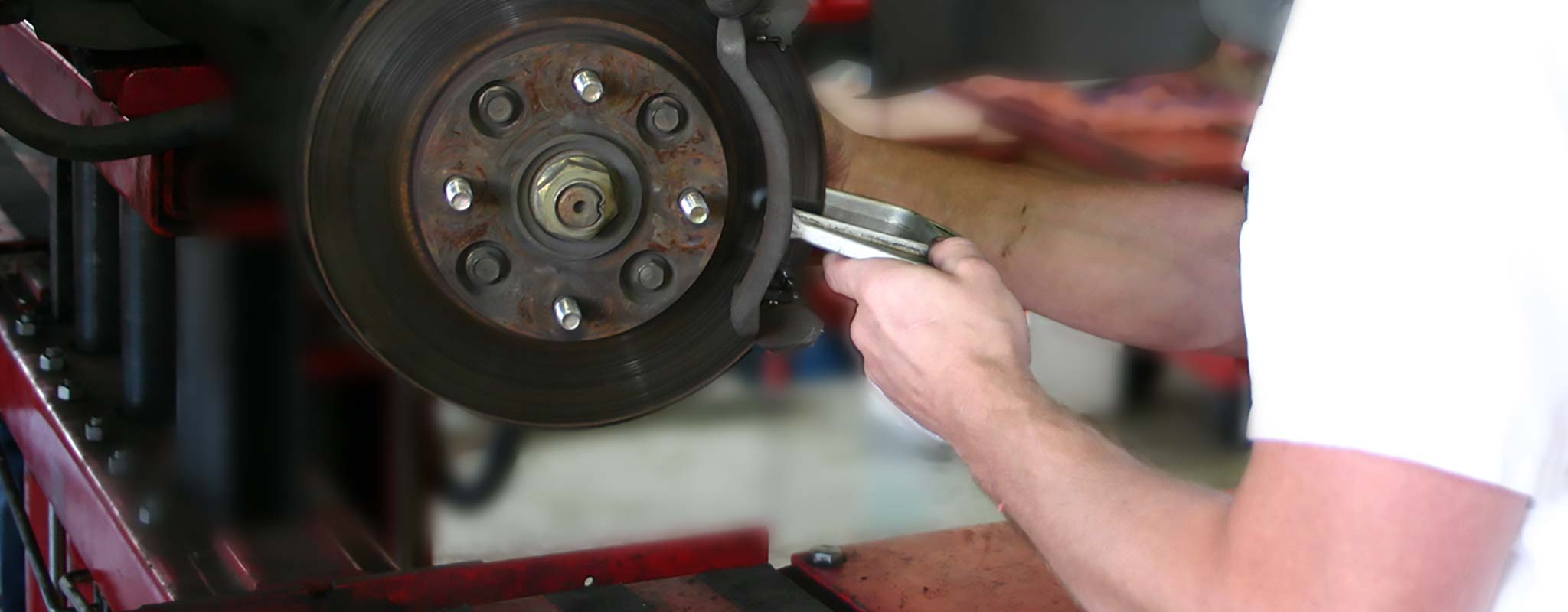

In this case, the caliper sliders themselves may have gotten stuck from the buildup of dirt and grime. It may feel as though it takes extra effort to brake and come to a complete stop. Though it can also be a sign of leaking brake fluid, seemingly reduced braking power can be a sign of a bad brake caliper. You may notice a puddle beneath your car and the smell of burnt rubber from the leaking fluid. Any leaks from the brake caliper will compromise the pressure sealing capacity of the braking system, which will not only make a mess of brake fluid but also significantly decrease its ability to stop the vehicle. Over time, with constant exposure to intense heat generated by braking, these seals will wear out and leak. A rubber seal and boot keep the fluid from leaking out. The calipers operate using brake fluid pressure from the master cylinder and pedal to extend the piston and slow the vehicle. One of the most common symptoms of a bad or failing caliper is brake fluid leakage.
#Bad caliper symptoms driver#
When a caliper does go bad, the vehicle will usually display any of the following 5 warning signs to alert the driver of a potential problem in need of service. Over time, brake calipers are subjected to the intense heat created when braking, and can eventually fail, which will interfere with the vehicle’s braking and negatively affect its handling and safety characteristics. When the pedal is pressed, brake fluid pressure is pushed through the master cylinder to the caliper, which extends the piston and forces the brake pads against the rotors to slow the vehicle. They work together with the brake pads and rotors, along with the rest of the hydraulic system, to slow and stop the vehicle. The brake calipers are some of the most important components of modern disc brake systems.


 0 kommentar(er)
0 kommentar(er)
